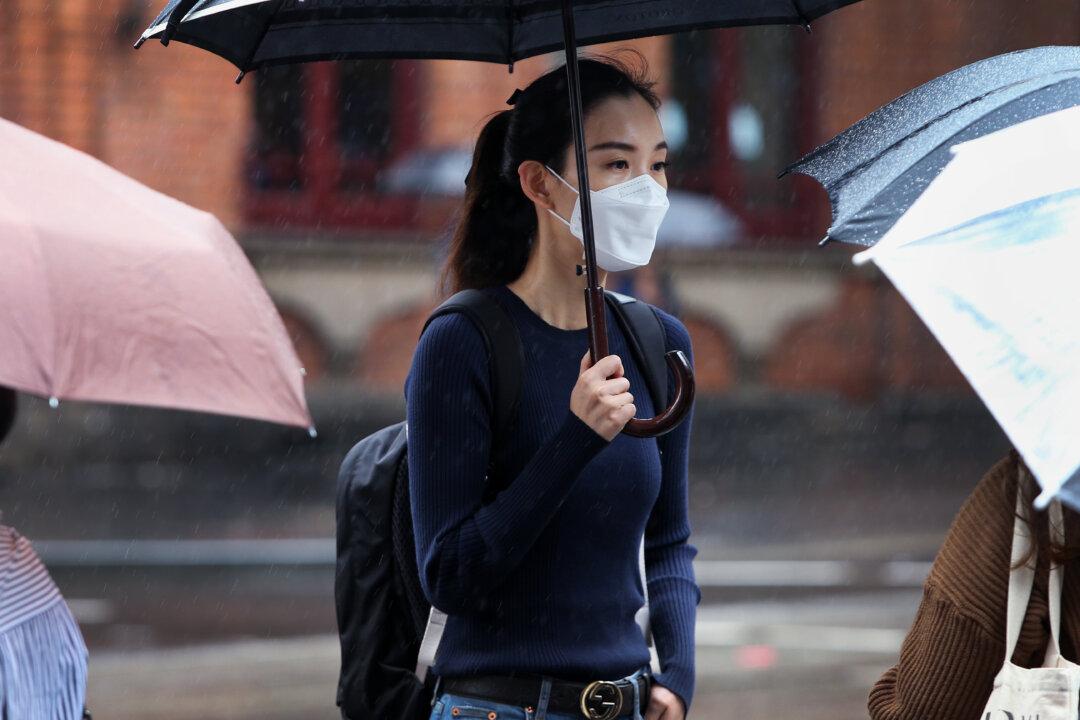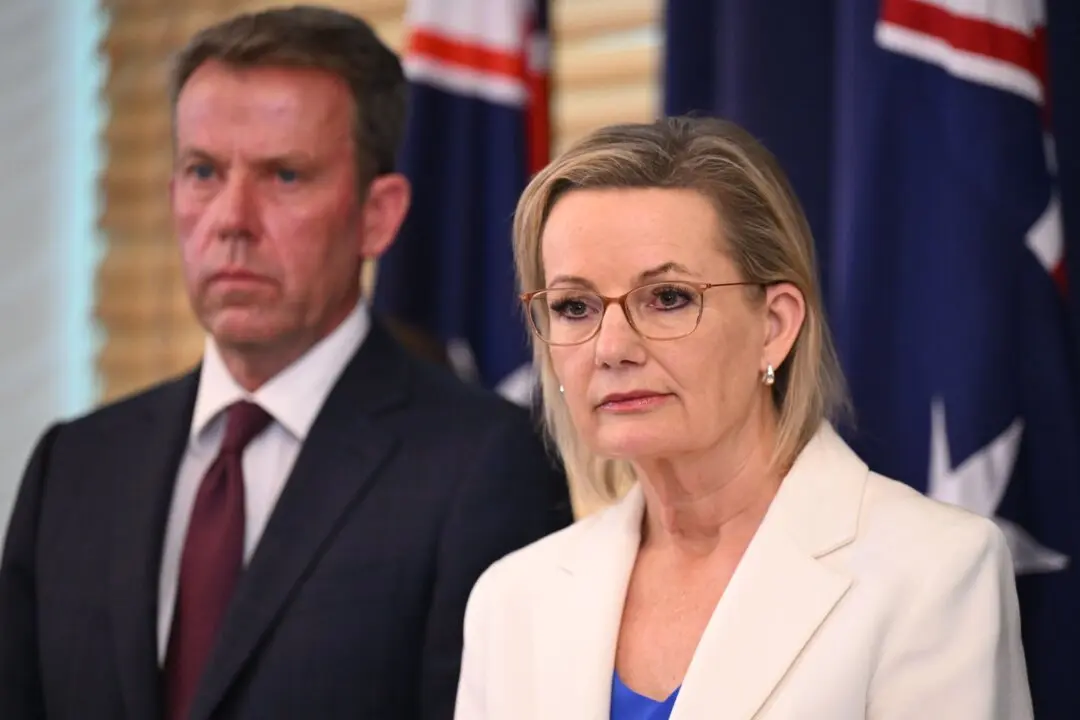Liberal MP Dave Sharma has said that Australia’s intelligence agencies should tap into the country’s sizeable ethnic Chinese communities in the fight against foreign interference and intimidation from Beijing.
In a brief published by the pro-Beijing China Matters policy institute, Sharma said Chinese Australians should be harnessed as “assets.”





